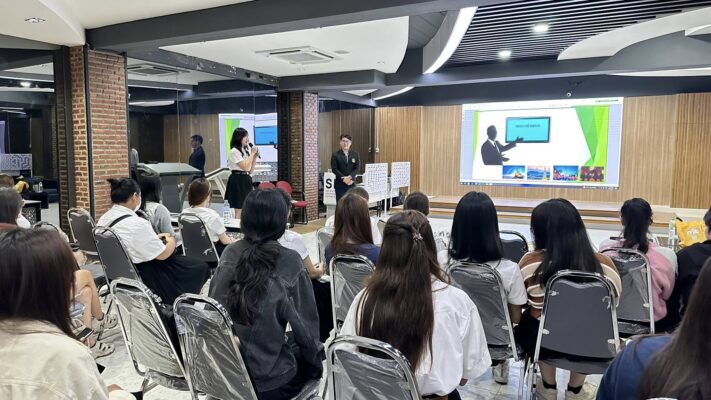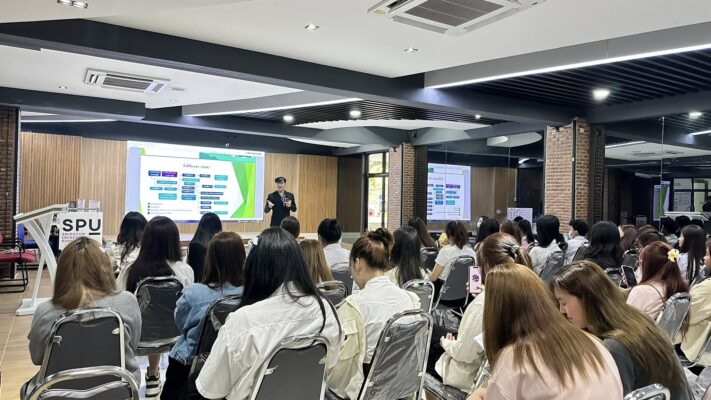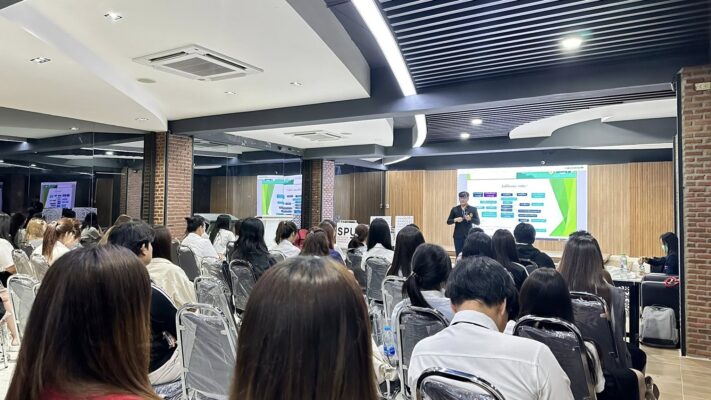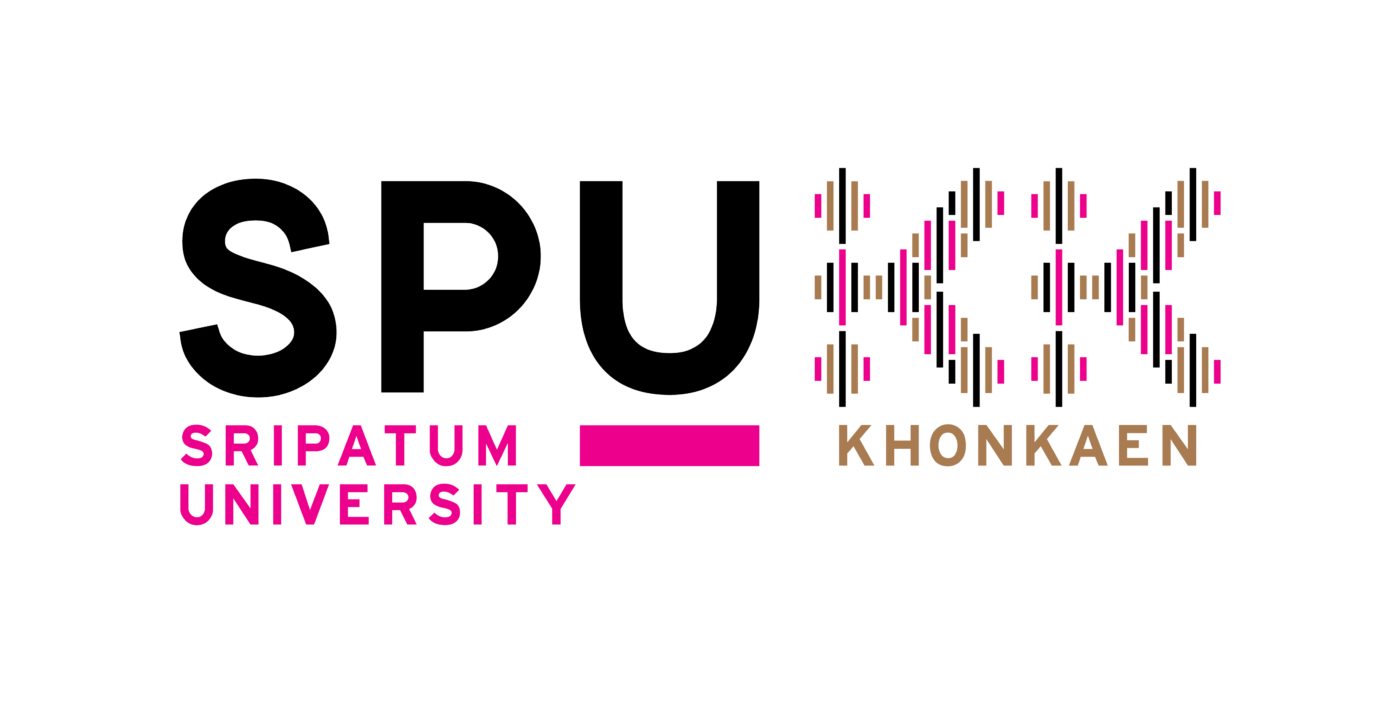**SDG 1 – No Poverty**
This project indirectly supports poverty reduction by enhancing financial literacy and entrepreneurial skills among students, enabling them to generate income and reduce dependency. Accounting competencies serve as a tool for sustainable self-reliance.
**SDG 4 – Quality Education**
At its core, this initiative promotes inclusive, lifelong learning. It provides students with practical vocational training in financial analysis and accounting career paths. The project fosters analytical thinking and real-world skill application, meeting key education quality indicators.
**SDG 5 – Gender Equality**
The project contributes to equitable access to education and professional advancement, especially in a female-majority field like accounting. It supports inclusive participation and helps reduce gender disparities in career preparedness.
**SDG 8 – Decent Work and Economic Growth**
By equipping learners with workplace-ready skills in financial decision-making and analysis, the program ensures participants are better prepared for quality employment and entrepreneurship in the modern economy.
**SDG 9 – Industry, Innovation and Infrastructure**
Students are introduced to the role of financial systems in business innovation, indirectly fostering innovation-oriented mindsets through accounting-based entrepreneurship.
**SDG 10 – Reduced Inequalities**
Through open access training and skill-building for diverse learners including first-generation students, the initiative aims to reduce educational and economic disparities.
**SDG 16 – Peace, Justice and Strong Institutions**
Promoting transparency and financial integrity, the training echoes principles of governance and accountability—cornerstones of just and effective institutions.
**SDG 17 – Partnerships for the Goals**
The collaboration with external experts strengthens academia-professional linkages, a model for SDG-aligned partnerships focused on career empowerment and lifelong learning.




